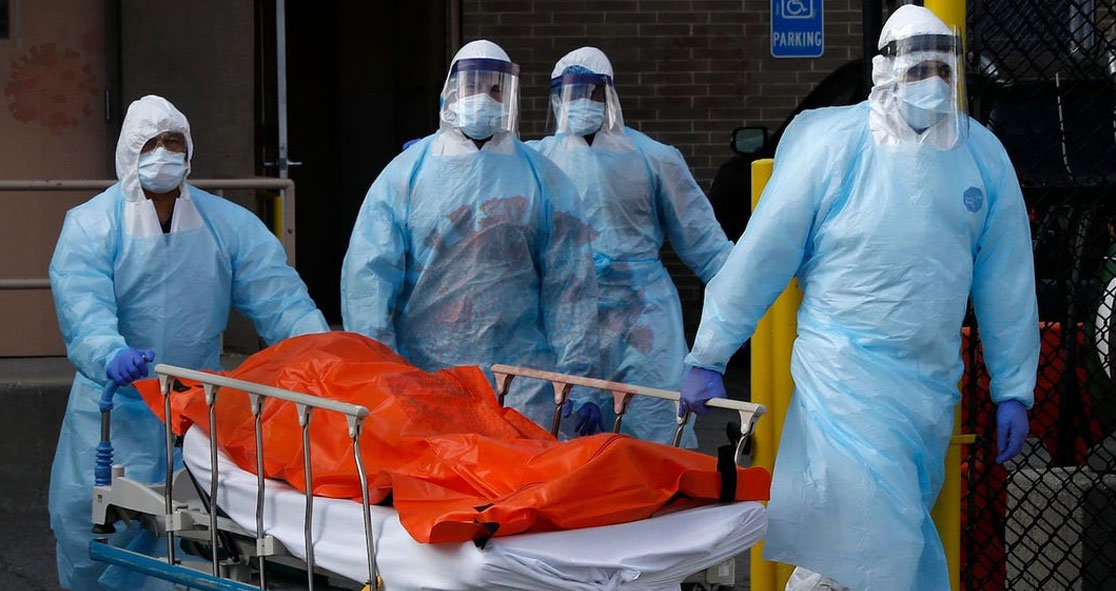More than 256,000 Americans have now died from the deadly coronavirus, which is more than twice the number of American service members killed in WWI.
The number of COVID-19 cases continues to rise across the nation, indicating that the long winter of illness is about to come.
Epidemiologist Caitlin Rivers, a Senior Scholar at the Johns Hopkins Center for Health Security, said, “Unfortunately, we are entering what I think will be the worst stretch that we have experienced so far. We’re seeing hot spots all across the country and new highs for the number of cases and hospitalizations.”
The pandemic has been hitting states like North Dakota, South Dakota, Minnesota, Wyoming, Wisconsin, Iowa, Nebraska, and Montana.
As the number of new cases continues to rise, more deaths are expected. However, experts believe that recent developments in medicine have improved COVID-19 survival rates.
Epidemiologist Ali Mokdad of the University of Washington said the COVID-19 infection fatality rate is declining by about 30%.
“Doctors and nurses now have more experience dealing with COVID-19 and anticipating its complications,” Mokdad added, “and there have been advances in treatment and triage.”
However, since the winter has arrived, experts expect more COVID-19 hospitalizations and deaths because the virus thrives in cold. Mokdada said, “The virus loves the cold,” and people have also started socializing indoors as temperatures drop, spreading the infection among family and friends.
“These are the people you trust the most — you feel like they’re not going to hurt you. And we see a lot of people not wearing a mask, not paying attention to a safe distance,” Mokdad explained. “The virus is more likely to stay in the air, and more people are likely to get infected indoors.”
Many experts say that if every American wears a facemask in the public, the number of casualties may drop significantly.
Fortunately, we now have better methods for treating COVID-19. Doctors have learned to put patients on medications that can help them recover from the infection. For instance, dexamethasone, a steroid medication, has been found effective at treating seriously ill patients.
Dr. Ryan Taube, Emergency Medicine Physician in Fort Lauderdale, Florida, said, “Every day that we learn about it, I think we’re treating it more effectively.”
“When patients were first coming in with any kind of respiratory symptoms, the recommendation was to have them be intubated and put on ventilators right at the get-go — and that was why there was such a fear of critical shortage of ICU beds and ventilators throughout the United States,” he added. “But I think we’re finding now that if we can try to keep them off of the ventilator with other means of therapies, that the patients do better.”
Dr. Taube added, “We had patients with delayed heart attacks who stayed at their home for three days with chest pain thinking, ‘Oh, I would normally go get this checked out, but I’m not going to because of I’m scared of COVID.’ People breaking legs and limbs and things like that … scared to come in. Now I still see some of that, but it’s much, much less now.”
As far as COVID-19 vaccines are concerned, we have been getting some good news lately, with Moderna and Pfizer announcing that their vaccine candidates have been highly effective in preventing coronavirus. The companies have even claimed that their experimental vaccines are 95% effective. The article originally appeared on NPR, written by news reporter Laurel Wamsley.























